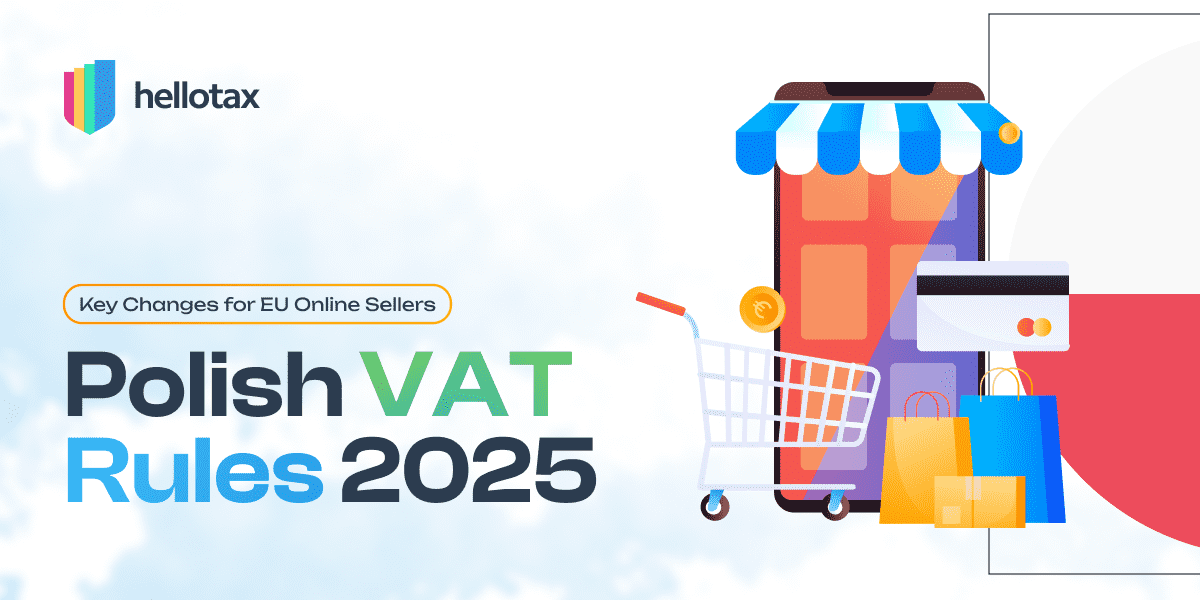Will there be a soft or a hard Brexit? We will see if there is another delay but it seems that we are close to a final decision now. Find out how VAT and trading regulations will change when the United Kingdom leaves the EU without a deal and what that means for UK and non-UK sellers.
Antonia Klatt
Last Updated on 29 October 2019
UPDATE: Brexit delayed until 31 January 2020 + possible new elections in 2019 shall make a No-Deal Scenario very unlikely.
Brexit: What’s the current situation?
On 02.10.2019, Boris Johnson submitted what he said would be the final offer to the European Union. The backstop, preventing a hard border to Ireland, is still one of the main issues that can’t be agreed on.
A fair and reasonable compromise.
Boris Johnson
At the Conservative Party conference in Manchester, the PM explained that in case that the EU will refuse this final offer (that includes a backstop replacement plan), the UK will leave the EU on October 31 – with or without a deal!
If the EU and the UK will come to an agreement is all but certain. As a no-deal-scenario becomes more and more likely, here is what online sellers should know, which actions might be required and how to make the best out of it.
No-Deal Scenario: Consequences for UK Sellers
First, Amazon and FBA sellers don’t have to worry. Amazon is committed to supporting selling in the UK and across Europe. The online giant recommends to prepare by moving inventory for 4-8 weeks to the UK and to the UK border.
However, Amazon stated in its Brexit Guidance that the UK government advises businesses to prepare for various potential outcomes after the UK has left.
NOTE: All inventory should be moved by 17th October 2019 to avoid possible delays.
Shipping into the EU
Theoretically, after the Brexit, for UK sellers who are selling within the UK nothing will change. When it comes to selling to abroad, e.g. from the UK to Germany, this will then be treated as an import – an import into Germany. This means that the customer (when the product value is more than 25€) needs to go to the post office or the customs to pay import VAT and that’s something customers don’t like.
How to avoid import VAT for your customers
Store locally! If you store outside the UK, e.g. in France, you are storing in a country that is part of the European Union and the “usual” tax laws apply. This mean no import VAT for the customers and no walk to get the parcel and pay the taxes.

Goods movements
The good news is, regardless of the outcome, domestic FBA fulfilment will remain unchanged. This means that:
- Inventory in UK fulfilment centres will still be delivered to UK customers.
- Inventory in Germany, France, Italy, Spain, Poland and the Czech Republic will still be delivered to customers in mainland Europe.
Please be aware that a no-deal Brexit could lead to a temporary period of border disruption, affecting movement of goods between the UK and other EU countries. Cross-border fulfilment could temporarily prevent for sellers using the European Fulfilment Network (EFN) and inventory transfers via Pan-European FBA (Pan-EU) could also be affected.
Goods sent directly to fulfilment centres in the UK and the EU from outside of Europe could experience minimal disruption. The fulfilment on the European mainland should remain unchanged.
VAT changes for UK businesses
The UK will still have a VAT system after leaving the EU and rules that are related to domestic transaction in the UK will continue to apply to businesses as they currently do.
When Britain leaves the EU without a deal, the government will try to keep the VAT procedures as close as possible to the current ones. However, some changes can’t be avoided. All changes below are most likely to happen in the no deal scenario.
Changes for UK businesses importing goods
When it comes to importing goods from the EU, there are several changes that will apply for British businesses. These changes are the following:
1. Import VAT
The government will introduce postponed accounting for import VAT on goods that are brought into the United Kingdom. This way, businesses with a valid VAT registration will be able to account for import VAT. This applies not only for import from the EU but also from non-EU countries.
2. Parcels
VAT will be payable on goods entering the UK as parcels sent by overseas businesses.
3. Vehicles
Businesses who import vehicles from abroad shall notify the HMRC about that just as they do now: by using the Notification of Vehicle Arrival Procedures (NOVA) system.

Changes for UK businesses exporting goods
With big changes when importing goods from the EU, exporting them from the United Kingdom to the EU will of course also lead to some new regulations.
1. Exporting goods to EU consumers
Without a deal, distance selling regulations will no longer apply for UK businesses and they will be able to zero rate sales of goods to EU consumers.
2. UK businesses exporting goods to EU businesses
VAT registered UK businesses will continue to be able to zero-rate sales of goods to EU businesses but will not be required to complete EC sales lists.
3. Selling own goods in an EU member state to customers in that country
UK businesses will be able to continue selling the goods they have stored in an EU member state to customers in the EU in line with current Rest of World rules
UK businesses supplying services into the EU
Naturally, the supply of goods between the UK and the EU will also change. For UK businesses that are suppliying services into the EU, the following aspects have to be considered.
1. Place of supply rules
The main VAT ‘place of supply’ rules for businesses supplying service into the EU will remain the same for UK businesses.
2. EU Tour Operators’ Margin Scheme
The Tour Operators Margin Scheme is an EU VAT accounting scheme for businesses that buy and sell on certain travel services that take place in the EU. HMRC has been engaging with the travel industry and will continue to work with businesses to minimise any impact.
3. UK businesses that access EU-wide VAT IT systems
The UK will stop being part of EU-wide VAT IT systems. The rules and processes for VAT IT systems will change for businesses that:
- claim VAT refunds from EU member states
- need to check if a UK VAT registration number is valid
- report sales of digital services to consumers in the EU using the UK VAT Mini One Stop Shop (MOSS)
- are under the VAT digital services threshold and make sales of digital services to consumers in the EU
Find further changes and more information on the website of the British government.
Consequences for Non-UK businesses
Non-UK businesses in the EU who are currently not required to VAT register in the UK owing to cross-border simplifications may need to register for VAT if the UK leaves the EU without a deal.
The rules and regulations covering the EU aren’t changing after Brexit – so not much to worry about for sellers from abroad.
However, businesses who are not currently eligible to VAT register yet, need to be from 1 November, can benefit from temporary arrangements for advanced notification of VAT registration. VAT registrations will go live only if the UK leaves the EU without a deal.
This is to support supply chains for UK businesses who have suppliers in the EU with minimal disruption. HMRC will continue to refuse applications for VAT in all scenarios outside of this in order to protect the integrity of the VAT regime and guard it against fraud.
In case you are affected, here is how to apply under these circumstances (section 4.7).
Summary
There definitely possible that the UK will leave the European Union without a deal.
Mainly UK sellers and sellers who are storing there will be affected. While non-UK businesses won’t have to face that many changes, the downsides like import VAT and temporary issues at the border will make products from the UK less attractive for customers in the EU and therefore probably lead to a decline in sales.
We recommend storing (FBA) inventory in additional warehouses in Europe. This makes a VAT registration mandatory but if the sales are there, why not making the best out of it and entering new countries. Still, when you are storing in the UK and shipping from there, better be prepared by the end of this month.
If it will come to a deal, the changes will not apply – but at the moment, this is rather unlikely.
Either way, it’s important to be ready and to take action in time. This article will be updated as soon as more relevant information is available.



